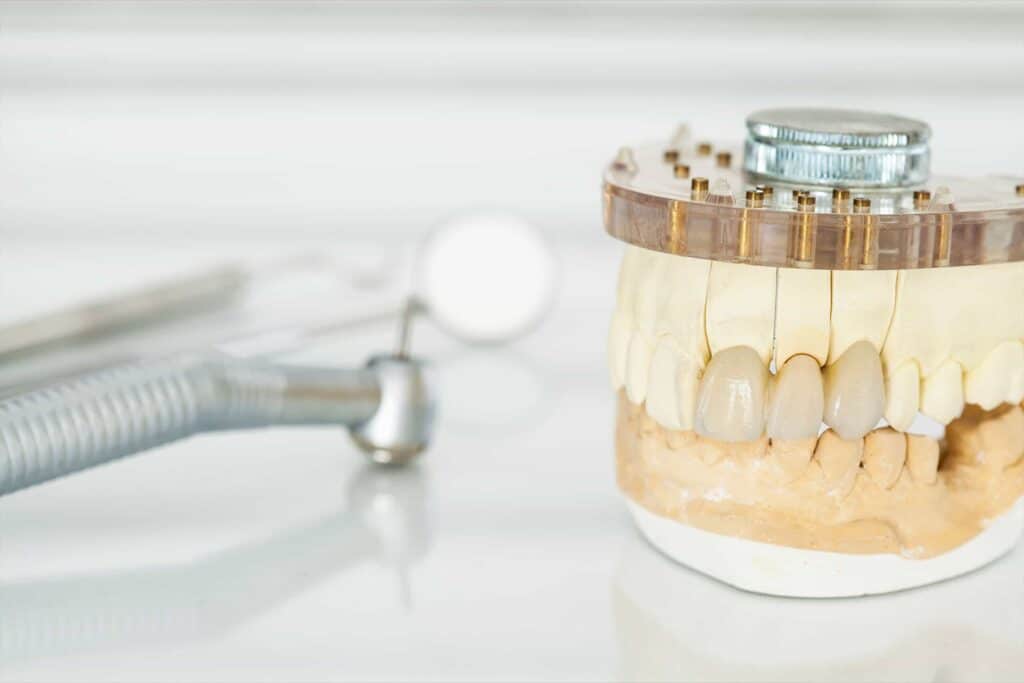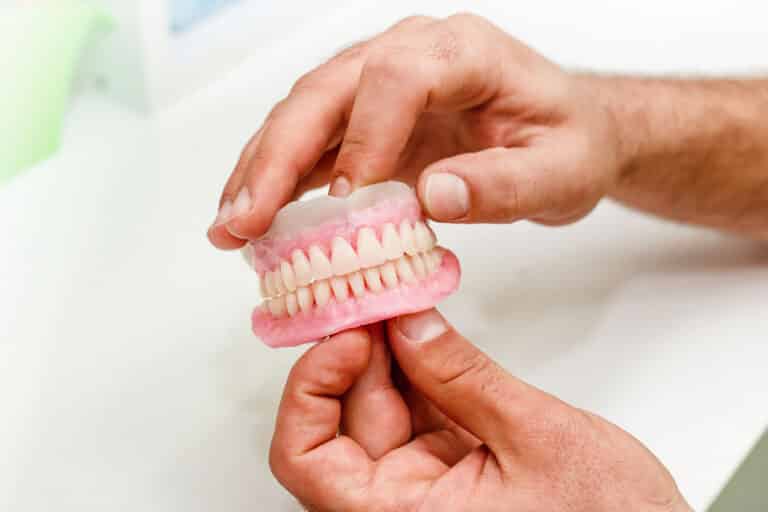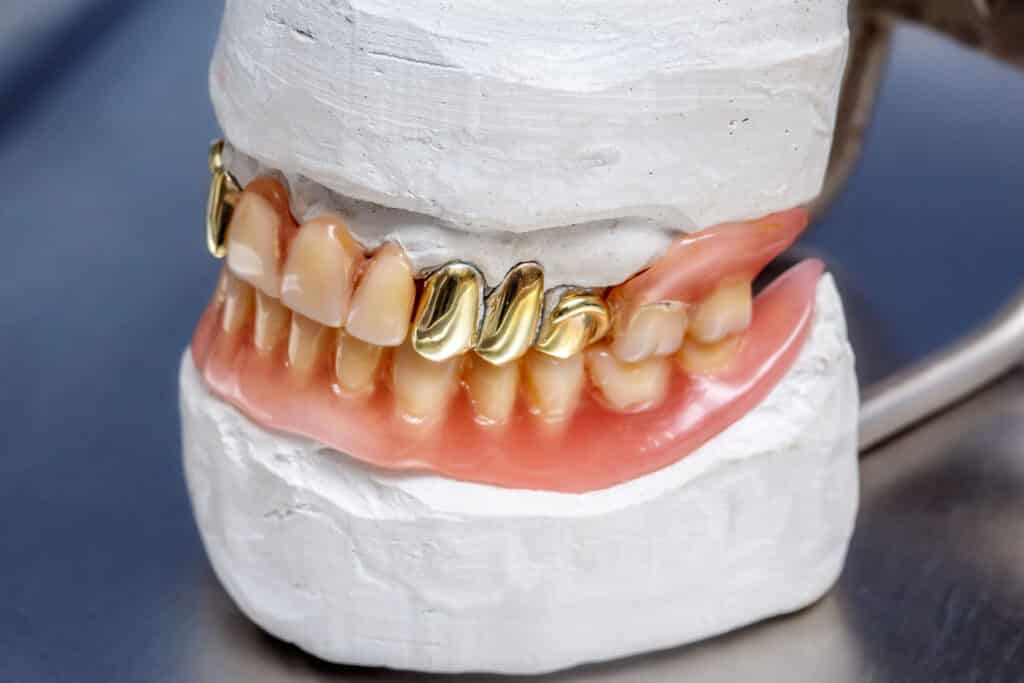Dental insurance can be an incredibly confusing topic, primarily regarding different types and the extent of coverage. Most employers offer dental coverage, while others require you to obtain it on your own. Regardless of how or where you get your dental plan, it’s crucial to understand its key points.
What Are The Different Types Of Dental Insurance?
Understanding the various types of dental plans can help you pick a provider (if not your employer) and a plan. Some dental plans cover families, while others just cover individuals.
PPO Insurance
A PPO (Preferred Provider Organization) insurance policy is a health plan that contracts with specific medical providers to create a network. If you have a PPO plan, you’ve likely heard that a provider is “out of network,” meaning that the provider you want to use is not included in the network your PPO insurance provider built.
If you utilize the services of dentists within your PPO network, you’ll pay less for those services. These dental plans cover dental care within the network. While the insurance company may pay some of the fees for dentists outside of their network, it is often at a reduced rate (meaning you will pay more out of pocket).
HMO Insurance
HMO (Health Maintenance Organization) insurance is a type of health insurance that limits coverage to care from dentists or doctors who contract (or work for) the HMO. Unlike a PPO, it won’t cover care that’s out of the network, instead of raising the costs. HMO insurance may require that you live or work within a specific service area to be eligible for coverage.
If you have a preferred dentist, make sure that he takes the dental plan you are purchasing.
How Do I Get Dental Insurance?
Most people receive dental insurance from their employers, but if you work for yourself or you’re currently unemployed, you can find dental insurance plans in various locations.
Government-run health insurance marketplaces and programs like Medicare and Medicaid provide many forms of dental health insurance, often available for a reasonable price. In some cases, your income might determine your insurance premium.
However the covered care tends to be less comprehensive, resulting in many needed treatments that are not covered.
If you need dental care and are unsure where to obtain your insurance, speak with the reception team at your dental office. They’ll have the information you need to choose a dental plan, assisting you in locating a provider that they accept.
Let’s take a look at the differences.
Employer-Sponsored Plans
An employer-sponsored health plan refers to any health insurance obtained through your employer. These plans generally cover individuals and families. There may be a waiting period on certain dental care procedures, generally major services.
This is a good way to get dental insurance but not the only way.
Private Plans
Private dental insurance plans are purchased directly from a provider, often by a company or individuals. HMO and PPO insurance are examples of private health insurance, as are Medicaid and Medicare.
ACA Plans
Also known as government insurance, ACA plans fall under the Affordable Care Act. You can obtain an insurance policy and premium through the government under the ACA.
ACA plans make insurance more affordable and available to those who need it, including those employed.
Dental Office Membership Plans
While not insurance, many offices will offer membership plans that work similar to a subscription service. For a monthly fee, it will cover various procedures and often gives a flat % discount on all procedures.
This option works very well for those who don’t want the hassle of traditional dental health plans and/or those who do not need much dental treatment.
Does Dental Insurance Cover The Following Procedures?
Many dental procedures could fall into the scope of your insurance plan, depending on your policy and provider. The outcome will vary for most people, so you must speak with your insurance provider for each procedure.
Oftentimes your dental office can help, but ultimately speaking with the insurance company gives you the best idea of coverage.
Coverage is often broken down into three main categories:
- Preventive Care
- Minor Services
- Major Services
Each category has varying levels of coverage, with preventive care typically being the most covered and major dental procedures being the least covered, and generally has waiting periods.
For instance most in network plans will cover cleanings, a preventive procedure, at 100% resulting in no out of pocket cost.
Dental Implants
Insurance companies will usually cover the second phase of implant treatment which is the abutment and crown. The surgical procedure of actually placing the implant can be covered, but this part will heavily vary depending on your insurance plan.
In some cases, an insurance company may consider dental implants a purely cosmetic procedure.
Dental Crowns
Though most crowns have a cosmetic function, it’s standard for insurance companies to cover crowns under their policies. Crowns are necessary for maintaining proper oral hygiene and health, and while insurance may not cover the entire procedure, it’s typical for them to cover a large chunk.
Orthodontics (Invisalign)
It’s common for dental insurance policies to help with the cost of orthodontic treatment Invisalign in the same way that they would cover traditional braces. In most cases, your insurance company will pay up to a specific dollar amount to cover your treatment, so prepare to pay the remainder.
Additionally most companies will have a once per lifetime coverage, meaning they will only cover orthodontic treatment one time.
Veneers
As veneers are considered a cosmetic procedure, it’s not standard for most insurance companies to cover veneers. However, veneers could be deemed medically necessary in some cases. You’d have to discuss it in-depth with your dental and insurance providers.
Is Dental Insurance Worth It?
Dental insurance plans can absolutely be worth it. Not only can it motivate you to seek the necessary preventative care, but it can cover the cost of unexpected expenses, such as filling cavities or needing a root canal. It allows you take care of your oral health, and reduces costs from major services.
If anything, good dental plans provides peace of mind, knowing if something goes wrong, you’ll have the means and the funds to fix it.
However, having good dental benefits should not be the deciding factor in whether or not you get treatment. Like many things, when untreated dental problems become bigger, they often become more expensive and painful.
A standard filling is cheaper, less painful, faster than when it turns into a root canal and crown. Taking care of your oral health is important, and preventive procedures can keep unforeseen expenses in check.
How Much Does Dental Insurance Cost?
The cost of dental coverage varies greatly depending on your provider and your policy coverage. Most average dental plans generally costs anywhere from $25 to $100 every month, but it’s possible to find coverage for less.
Finding The Right Dental Insurance For You
Finding a dental plan that works for you means choosing a policy that allows you to see a provider you trust at a price you can afford. There are many options for dental insurance available, so you don’t have to settle. Take your time and pick the one that works for you.





